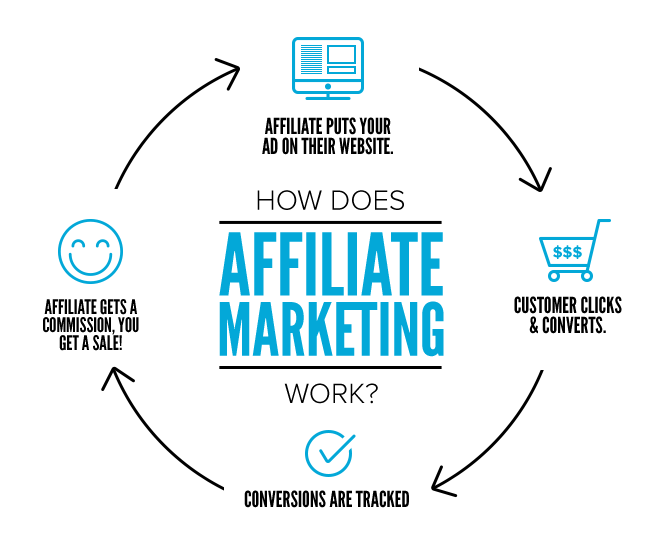Site Owners or Webmasters:
There are many webmasters available, and the number is growing all the time.
Site owners with high authority sites direct relevant users to merchants’ websites, and in exchange for transactions, they receive a cut of the profits.
PPC or SEO Affiliates:
Such affiliates are adept at using PPC skills to direct consumers to advertisers’ websites via AdWords, SEO, or Social Media Advertising. They use their own money to optimize search engine, social media advertising, and a variety of other paid advertising models in order to generate a ROI for affiliate offers as well as for themselves.
Content Sites:
When it comes to posting or writing information about the company, these types of people or affiliates are the best choice. Content sites are also used to write reviews about any new merchant service or product.
Site owners monetize their visitors by directing them to the pages of advertisers. All of the bloggers’ reviews and writings tend to rank higher in search engines.
Emails or Newsletter:
Publishers have databases of user emails that they can use to send out specific offers or newsletters related to the merchants’ products and services.
These types of affiliate marketing make it simple to share offers and promotions.
Coupon Sites:
Because of the popularity of smart online shopping, many people have been looking for coupons from all of the marketers out there.
The good news is that you will receive a large amount of traffic, which will increase your revenue.
Social Media:
Social media is so popular, and there are experts and influencers who have large followings on social media platforms that they use to direct their followers to advertisers’ websites.
These affiliate marketers promote products and services on Social Media channels to their followers, friends, and members of various groups.
As Social Media Publishers in Social media types of Affiliate Marketing, niche and topical influencers play important roles.
Review Sites:
Such hosting is commonly provided by hosts who work with a wide range of businesses from various niches and domains. They are all placed on a single website, and an organic search is performed on all of the pages that have various types of reviews.
Incentivised Traffics:
Such traffic arrives at merchants’ websites in exchange for some sort of incentive or compensation for performing any desired action, such as registration or visiting a website.
Different types of incentives are frequently offered, such as cashback or virtual currency that can be redeemed to make purchases. This allows affiliate merchants to benefit from increased traffic from relevant audiences.
Shopping Services:
Sites in this type of Affiliate Marketing are designed to provide specific services for increasing online purchases for specific brands.
Price comparison sites, aggregators, review portals, metasearch engine sites, and so on are examples of such sites.
Site visitors are redirected to merchant websites via site content in order to complete the desired action and increase sales.
Numerous other aspects and concepts of affiliate marketing remain unexplored. You can Join a digital marketing institutes like DelhiCourses to gain a thorough understanding of the fundamentals of Digital Marketing while also learning from industry experts.
About Gaurav Heera
Gaurav Heera is a digital marketing trainer and writer with many years of experience in the field. He often writes guest posts for DelhiCourses.in, an institute known for its best and affordable digital marketing course in Delhi.







